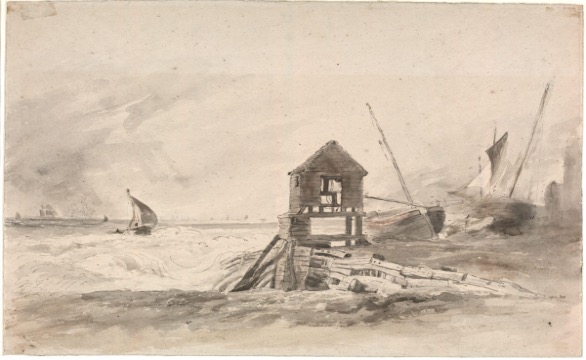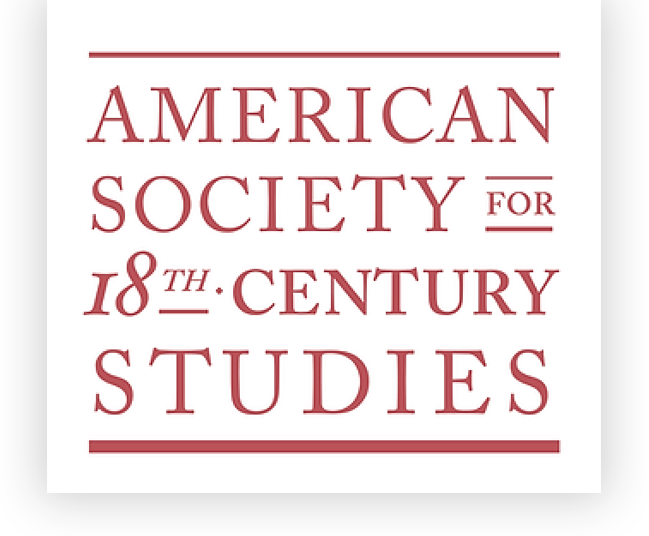SPECIAL ISSUE ON EIGHTEENTH-CENTURY COASTS
Guest Editors
Alexander Dick (University of British Columbia)
Eric Gidal (University of Iowa)
This special issue of Eighteenth-Century Studies has 2 intersecting goals: (1) to reflect on what a recent “coastal turn” in ecocriticism, critical geography, and related fields might contribute to eighteenth-century studies; (2) to examine the ways that eighteenth-century coastal geographies (real and imagined) have informed the aesthetics, politics, and lived experiences of coasts around the world, especially, though far from exclusively, in settler-colonial contexts. An inherently interdisciplinary field, coastal studies combines the geography of coastal environments with a historical, literary, and cultural understanding of how peoples and cultures move across, within, and between littoral zones. Such studies regard coasts as locales of contact or friction between oceanic and terrestrial ecologies where systems devised to mark and delimit the space of human habitation and knowledge are barraged by forces of entropy and reformation and thus provide significant sites of resiliency and resistance. In this respect, coastal studies also provides opportunities to operate at the limits of and interstices between disciplines and to reflect on how the frictions between them might change the disciplines themselves.
We invite participants interested in the topic of eighteenth-century coasts to bring their research ideas and questions and to join us in a lively and open conversation about the potential impact of coastal studies in our field. Given that very broad remit, we want the issue to cover not just the wider Anglo-Atlantic world, but other European and non-European contexts. We also want to use the topic of coasts to broach methodological questions between the disciplines of history, geography, environmental studies, literary studies, critical race studies, Indigenous studies, art history, philosophy, and religious studies, as well as the digital and public humanities, to ask what kinds of tools, orientations, and presumptions a field like “coastal humanities” requires, and to consider how an attention to the coastal might extend eighteenth-century studies in new and productive ways.
The journal welcomes new research in papers of 7,500 to 9,000 words by January 31, 2024. Please submit to ec.studies@ubc.ca and feel free to contact special issue editors Alexander Dick (alex.dick@ubc.ca) and Eric Gidal (eric-gidal@uiowa.edu) or journal editor Ramesh Mallipeddi (ramesh.mallipeddi@ubc.ca) about your ideas for this issue.

